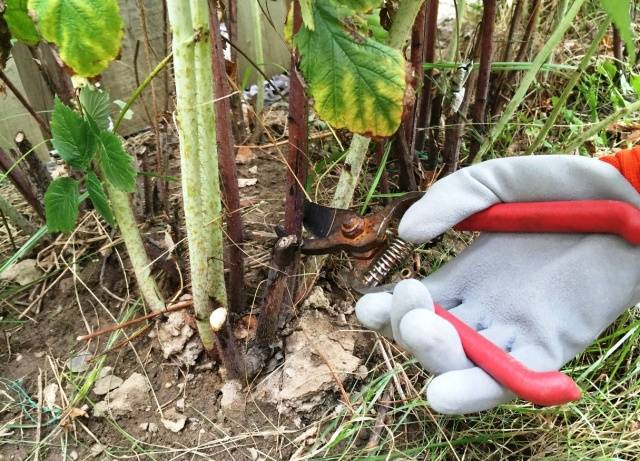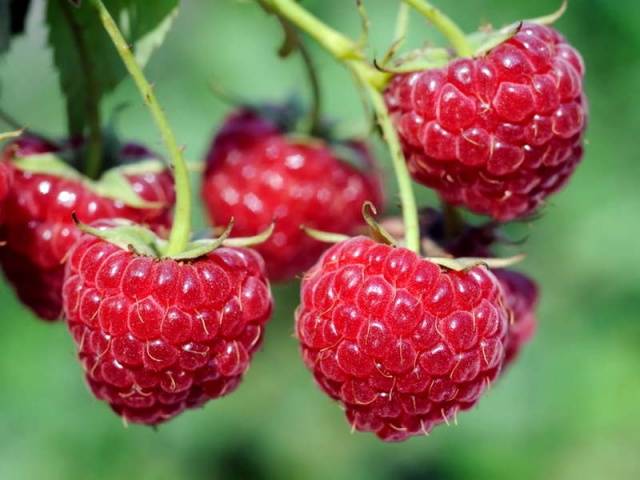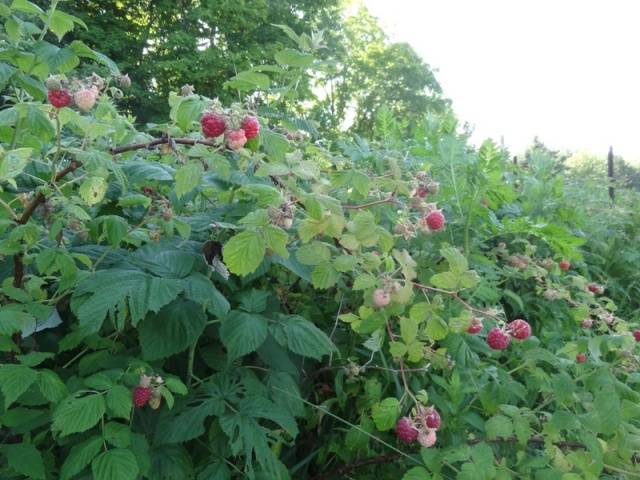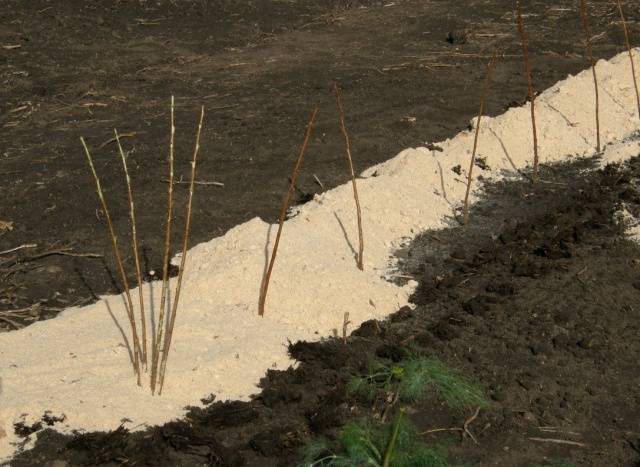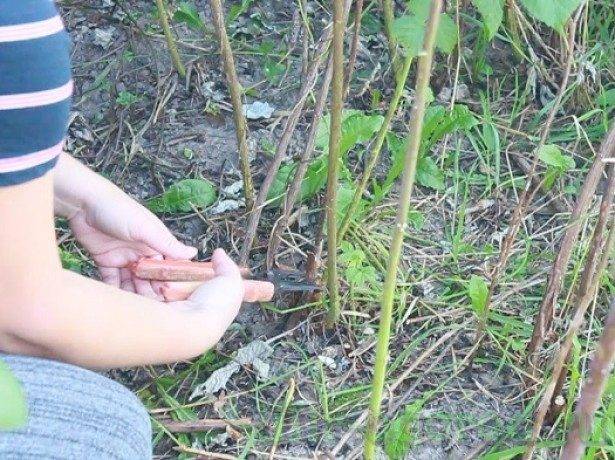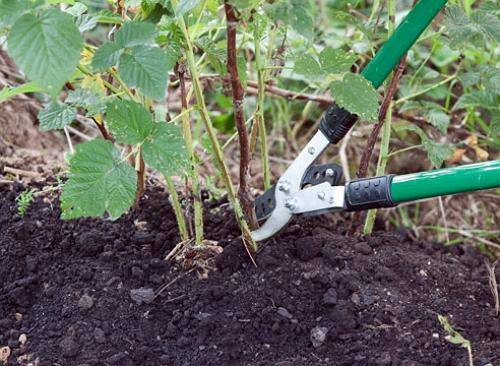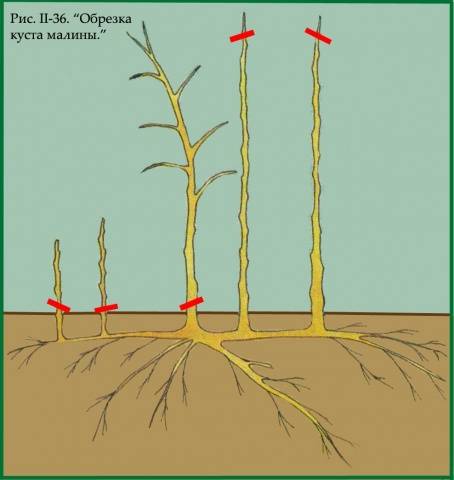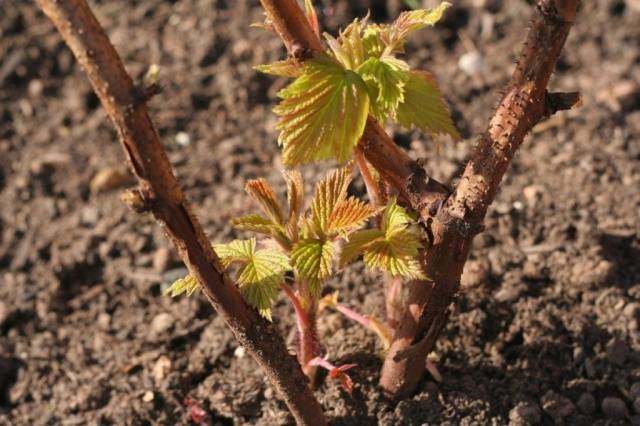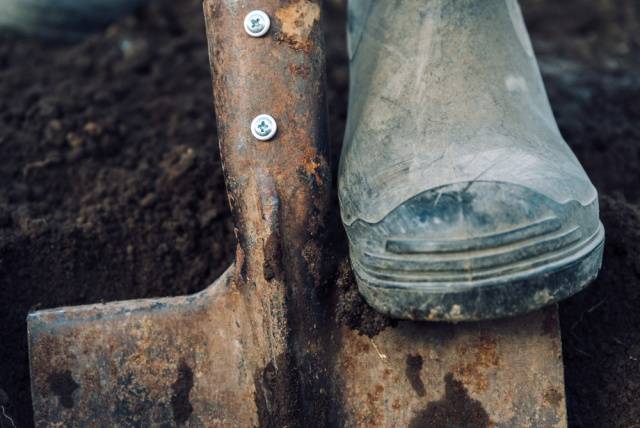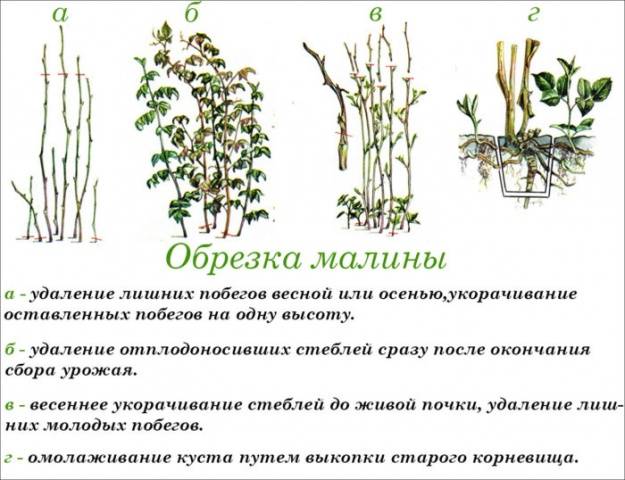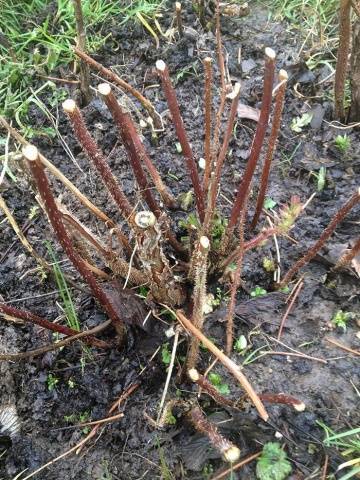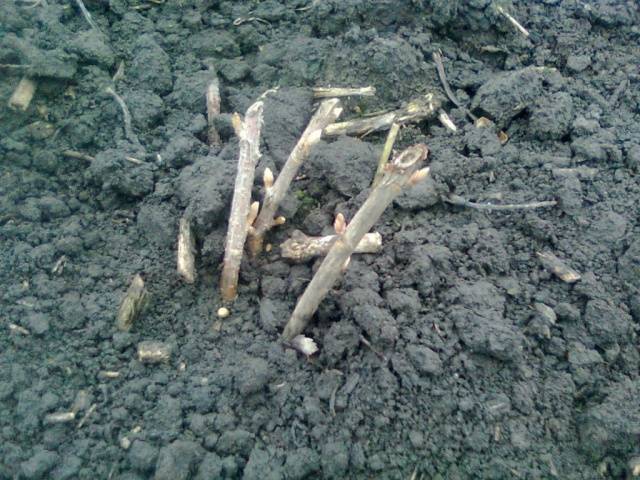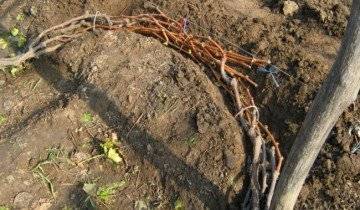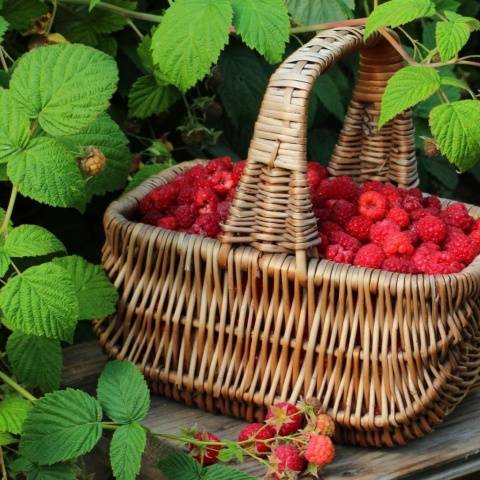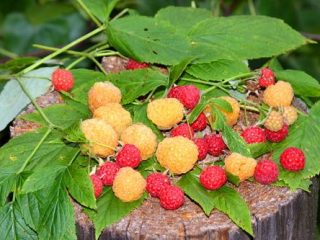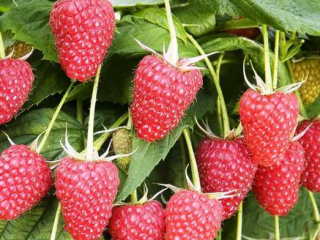Content
The ability of raspberries to grow quickly, its unpretentiousness and resistance to pests confuse many summer residents, who naively believe that such a plant will do without additional care. If you look closely at the chaotically growing raspberry tree, you can see that there are very few berries among the leaves. This means that the amount of the crop does not depend on the green mass and the density of the bushes, on the contrary, a properly cut raspberry tree bears fruit much better. Most gardeners trim their bushes in the spring, but many experts recommend doing it in the fall as well.
Do you need to prune raspberries in the fall and how to prune raspberries in the fall correctly - these are the main topics of the article.
When to prune raspberries: fall or spring
This question cannot be answered unambiguously, since it is necessary to trim raspberries according to the rules of agricultural technology several times throughout the season. As a rule, this is done in order to prevent excessive thickening of the bushes, as well as by pruning, they stimulate the appearance of new shoots on which berries are formed.
The development cycle of an ordinary perennial raspberry is two years: annual shoots appear in spring, they are green, flexible, do not bear fruit, but peduncles and ovaries are just formed on two-year-old stems.
It can be unambiguously argued that leaving dry branches in the raspberry tree that did not have time to bear flower stalks, damaged and fallen leaves is completely wrong. All this can become a source of infection, insects are often found in the waste, fungus and mold spreads.
Apart from this obvious reason, autumn raspberry pruning they also perform in order to thin out bushes, get rid of old shoots, and shorten annual branches.
In general, caring for raspberries in the fall is as follows:
- Removal of dry and damaged branches.
- Shortening of annual shoots.
- Cutting under the root of old two-year-old stems.
- Bush formation.
- Control the gaps between bushes and between adjacent rows of raspberries.
- Shelter bushes for the winter.
Usually in the fall cut remontant varieties of raspberries, but ordinary two-year-old bushes also need such treatment.
Why is raspberry pruning necessary in the fall
"Should I trim raspberries in the fall?" - many gardeners ask themselves. After all, it is so pitiful to remove only the strengthened shoots, to shorten the overgrown bushes. It is necessary to remember one important rule: "It is imperative to take care of raspberries." And one of the main stages of care is the autumn pruning of bushes.
Do not feel sorry for your raspberry tree and leave all the branches. Removing dry and damaged branches in the fall and shortening the stems in the spring is not enough for a bountiful harvest of raspberries. With this approach, the number of berries will be maximum only for two years (the lifespan of a raspberry bush), after which the amount of harvest will decline sharply - only 20-30% of what was in previous years will be collected.
Raspberry bushes need to be constantly renewed by removing two-year-old shoots and stimulating the development and growth of one-year young branches. A lot of branches is not an indicator of yield. On the contrary, green shoots take away strength from the bush, the berries on such raspberries will be small and not so tasty.
How to prune raspberries in the fall
The amount of the harvest, as well as how much effort will have to be made in the spring, largely depends on how to properly cut raspberries in the fall.
If in the fall you cut off the raspberry bushes, observing all the prescriptions of agricultural technology, then in the spring the gardener will only have to remove the frozen stems and thin out the bushes a little. In order to have a lot of berries on the bushes, no more than ten stems should grow from one rhizome.
And then, for the good development of such a number of shoots, raspberries need to be abundantly fertilized, because the trace elements contained in the soil are not enough for several kilograms of berries. therefore it is advisable to leave no more than 5-6 shoots in each bush.
Scheme for pruning raspberries in the fall for beginners:
- All diseased stems are cut, as well as dry branches affected by insects or with signs of a fungal infection. Raspberries are highly prone to infection with fungal spores, this is facilitated by thickening of the plantings and strong leafiness of the shoots. To prevent infection of the bushes, it is necessary to plan the pruning correctly: the branches should not overlap each other, but be arranged, as it were, in a fan.
- Branches damaged or broken by the wind must also be removed - they are cut off at the root, leaving no stumps. If this is not done, the damaged shoot will pull a lot of energy from the whole plant, and raspberries from this branch will still be small and tasteless.
- It is better to cut at the root and all two-year-old shoots. This is done immediately after harvesting the raspberries.
- Whether or not to cut young annual shoots depends on the climatic characteristics of the region. If the winter is warm, you can leave them as they are, having previously tied them together to protect them from the wind. In cold regions, it is recommended to cover the raspberries by shortening the young shoots before doing so. Annual stems do not have time to stiffen, so they easily freeze and disappear.
- Those shoots that appeared in the raspberry tree in the middle of summer should also be cut out - they would still be useless. These scions are too weak and fragile to survive the winter.
Digging in raspberries
An alternative to pruning the shoots in the fall is to dig in the raspberry bushes. This procedure is performed not only in the fall; for efficiency, digging is carried out every two months.
The essence of this method is that raspberries start up new shoots from the root. If you cut off all the shoots with a bayonet shovel, digging to a depth of 25 cm, then there is a high probability that the young shoots will not disturb the idyll of the bushes.
Correct pruning in this way guarantees the neatness of the bushes in the spring - raspberries do not grow in the aisles, the bushes look neat and well-groomed. If you dig in raspberry bushes every two months, you can skip the fall pruning. After harvesting, all that remains is to remove dry and damaged branches.
A complex approach
As stated earlier, pruning raspberries in the fall is very important, but this is not the only care measure.
To make the berries juicy and large, you will have to trim the raspberries several times per season:
- Before the onset of frost, broken and damaged branches are removed, diseased bushes are cut out, as well as shoots that have appeared in the aisles.
- In the spring, after the frosts are over, you can proceed to the next stage of pruning. At this stage, old stems are cut out, young annual shoots are shortened, thereby opening a new growth point and stimulating the branching of the stems.
- The next time the pruner is handled when the raspberry stems grow too strong.This can happen at the end of May or in July - the only important thing is that the length of the shoots should not exceed 80-90 cm.As soon as the shoot is shortened by at least 10 cm, the growth of lateral shoots is stimulated - the bush grows in the right direction, the berries become more and more ...
- In the last days of September, these lateral shoots should also be shortened, by which time they should grow by 40-50 cm. This is done so that the stem thickens and grows overgrown with bark, preparing for the winter cold.
As a result of this complex pruning, raspberry bushes will grow in a controlled manner. As a result, the shoots should look like a fan: 4-5 new shoots grow from each branch. All young shoots are covered with berries, which increases the raspberry yield at times.
The final stage
After pruning, it remains only to cover the raspberries, preparing them for the winter cold. There are situations when it is better to leave the bushes as they are - when the winters in the region are warm and the temperature may rise to above zero. In this case, condensation will appear under the covering material, which will provoke infection of raspberries with a fungus, the development of rot and mold.
In most Russian regions, it is recommended to cover raspberries with the onset of cold weather. First, the branches are tied together and grouped into piles, then the raspberries are covered with agrofibre or other impermeable material. This will protect the plants from icing and strong winds.
Bending raspberry bushes to the ground is very effective, but it can be performed only at air temperatures above +5 degrees, otherwise the stems will become fragile and brittle.
Correct pruning of raspberries in the fall is indeed essential. After all, this is the only way to control the thickening of plantings, shape the shape of bushes and branches, and influence the number and size of berries.
The technique of pruning raspberries in autumn is described in detail in this video:
